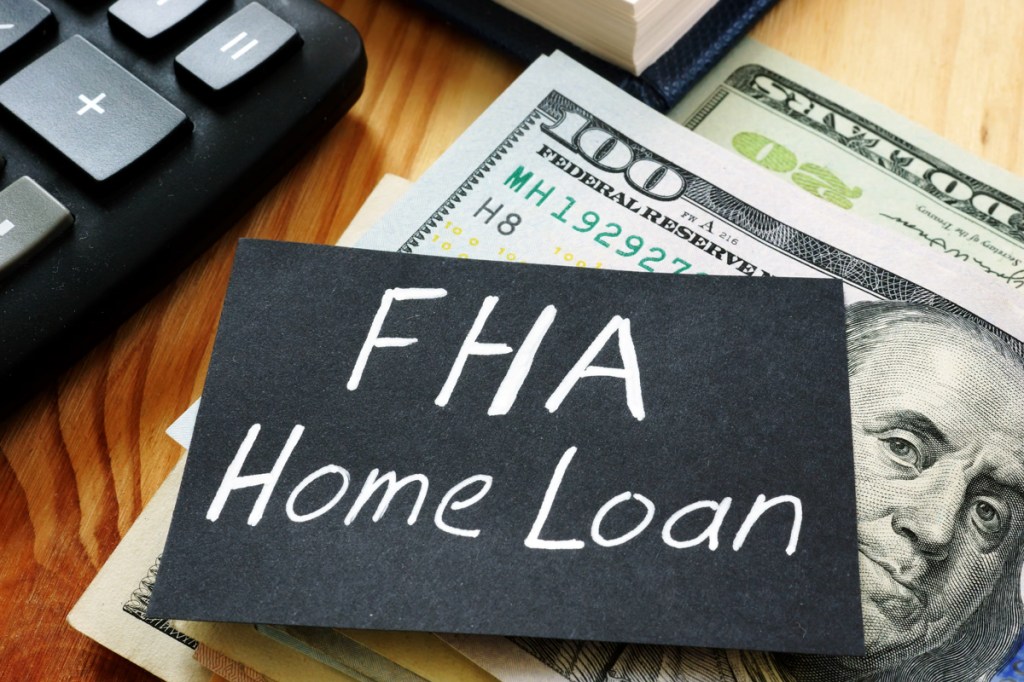A new bill introduced in the U.S. House of Representatives proposes to relieve Federal Housing Administration (FHA) borrowers of mortgage insurance premiums (MIPs) once they reach a certain level of home equity, aligning FHA policies with those of conventional loans.
Introduced by Reps. Gregory W. Meeks (D-N.Y.) and Pete Sessions (R-Texas) on Thursday, the bipartisan bill allows borrowers to stop paying mortgage insurance once their loan-to-value (LTV) ratio reaches 78%, rather than paying it for the life of the loan. This is comparable to existing policies in the market for conventional loans backed by Fannie Mae and Freddie Mac.
The legislation, known as The Mortgage Insurance Freedom Act, comes amid rising mortgage rates, home prices and other costs of homeownership, such as insurance and property taxes. It also comes on the heels of data showing that FHA’s mutual mortgage insurance (MMI) fund is in a healthy position.
A representative at FHA did not immediately respond to HousingWire’s request for comment.
In a statement, Meeks said the legislation is designed to make homeownership more affordable by empowering “first-time buyers and young families to get ahead by reducing monthly payments and encouraging faster equity accumulation.”
Sessions added that the bill “takes a practical approach to deliver meaningful relief to homeowners. By addressing a key inequity in the FHA system, this bill rewards financial responsibility and empowers homeowners across the country.”
According to the bill’s authors, FHA’s mortgage insurance premium policies impact first-time homeowners the most as they make up more than 82% of FHA purchase borrowers.
“With rare exceptions, when a homeowner has an FHA loan, they pay mortgage insurance for life,” Brendan McKay, chief advocacy officer for the Broker Action Coalition (BAC), wrote in a social media post. “Mortgage insurance exists as protection from foreclosure on low equity loans. Despite that fact, you’ve got Americans with 50% equity paying insurance when there is no actual risk of financial loss. This has never made sense to me.”
In November, the U.S. Department of Housing and Urban Development (HUD) and the FHA reported a solid year of financial performance for the MMI. As of Sept. 30, the MMI achieved a capital reserve ratio of 11.47%, a year-over-year increase of roughly 0.9% from 2023. The statutory minimum is 2%, and the fund has been above this level for the past nine years.
In February 2023, the FHA announced a 30 basis-point reduction in the annual premium charged to borrowers. The cut resulted in an annual premium of 55 bps for most borrowers, down from 85 bps.This represented yearly savings of $800 for roughly 850,000 homebuyers and homeowners in 2023.






